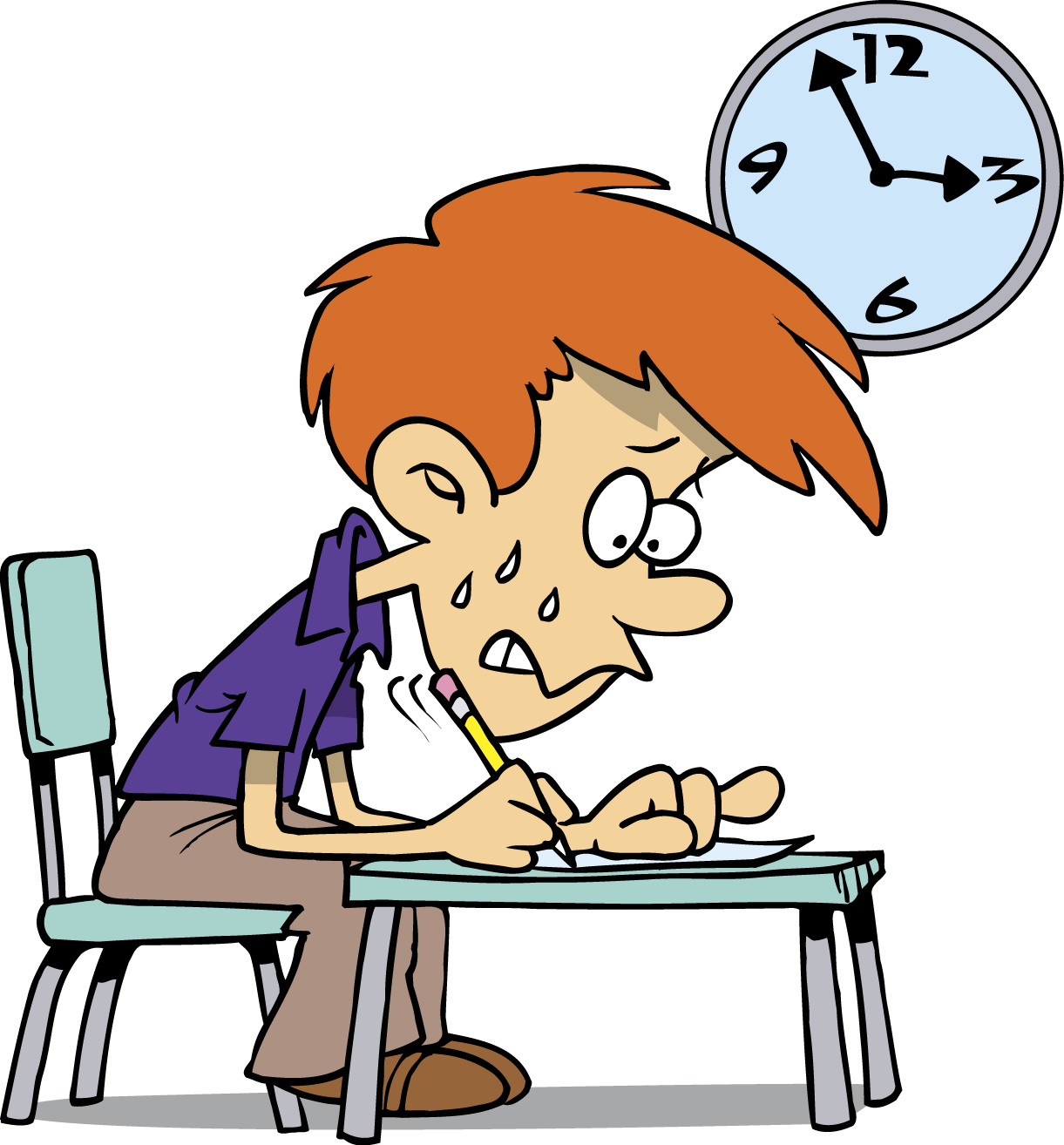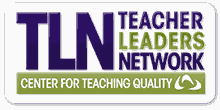My daughter sent me the article What Teachers Really Want to Tell Parents by Ron Clark, an article that missed my radar when it came out last September. Clark's honest, straightforward thoughts about the relationship between parents and teachers struck a chord with me. It seems too often, teachers are put on the defense by parents who assume the worst about us and the decisions we make.
Granted, there are 'bad' teachers and teachers who are out to get kids, but those cases are rare. Most teachers are doing the best they can to think on the fly, to teach a classroom full of students, to make school the best experience possible for every child.
In many years of teaching, most of my interactions with parents have been positve. However, those aren't the ones I remember. The handful of meetings where I was attacked by parents are the ones which keep me awake at night. I remember the one mom & dad were upset because *I* actually dared to look over their son's shoulder as he completed math problems, as tell him which ones were incorrect, and show him the right way to do them. Another mom sent me a seething email accusing me of calling her son lazy in front of the entire class. (In actuality, I had made blanket comment to the entire class that some of them had gotten lazy lately, as we started a new marking period. I pointed out that missing assignments make for lower grades, because math is sequential, building on itself. I encouraged them, as a group, to get off to a fresh, good start with the new marking period.) However, son had gone home and told me I singled him out and embarassed him. Instead of asking, mom's email was irate, accusatory, rude, berating. When I emailed her back with 'my story' I heard nothing back for days, weeks... then finally, about a month later, she emailed me with an apology, telling me her son had come clean with what really happened.
Thankfully, these type of meetings are rare. Usually parents are supportive, reasonable and want to be a partner in their child's education.
Another part of the article that caught my eye was the comments about teaching giving high grades to avoid dealing with the fallout of low, accurately earned grades. I've actually had teachers tell me they make sure everyone passes their class so they don't have to deal with angry parents. Too many times, I see teachers 'give' points to artificially inflate grades. Points for a parent signature, points for bringing in supplies, points for donations to a can drive, points for just doing something, not for the quality of the assignment, but the just doing it. Grades need to be an indication of something real, something accomplished, something 'learned', not just points to fluff the gradebook. A parent once commented to me how smart her daughter's class was. Her reasoning? 4 of them earned a 4.0 to be class valedictorian. hmmm.... OK. If those 4.0's were actually indicative of a viable curriculum, consistent grades that reflected student achievement, but unfortunately, too often, 4.0 students don't demonstrate mastery when it comes to the ACT or other measures of school success. They go to college, flounder in remedial classes, learning skills they should have learned in high school.
So back to the article... what would I like to tell parents? I don't do my job for the money. I don't do it for the prestige. I do it because I want to help your child be successful in becoming a productive member of our society. What can you do to help? Be supportive. Encourage them to be their best self, every day. Expect them to be their best self, every day. Never accept 'good enough' when you know they are capable of more. Work with me to find ways to help them be successful. Work with me to expect appropriate behaviors and work habits. Together, we CAN do this. But only.... together.











